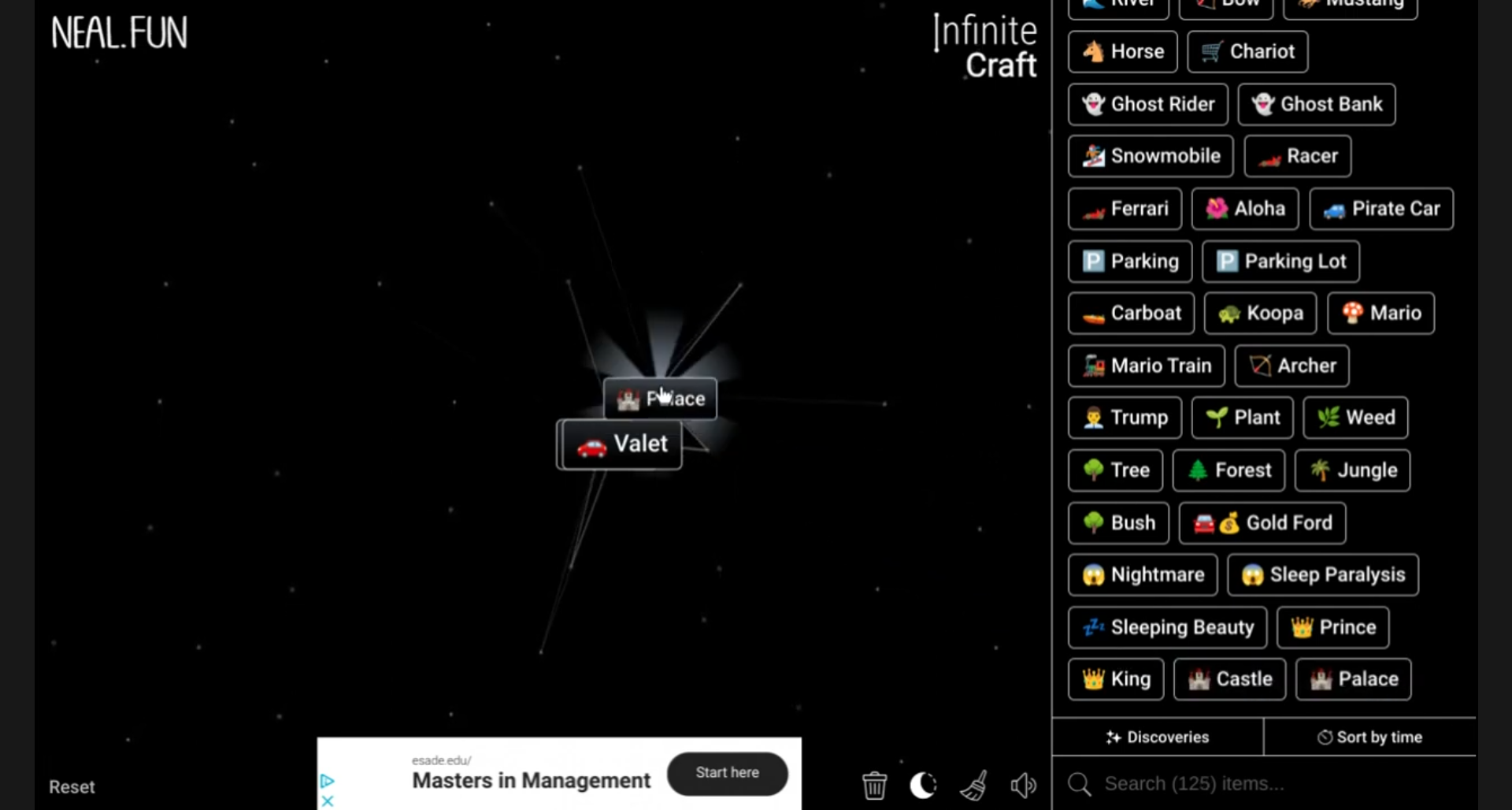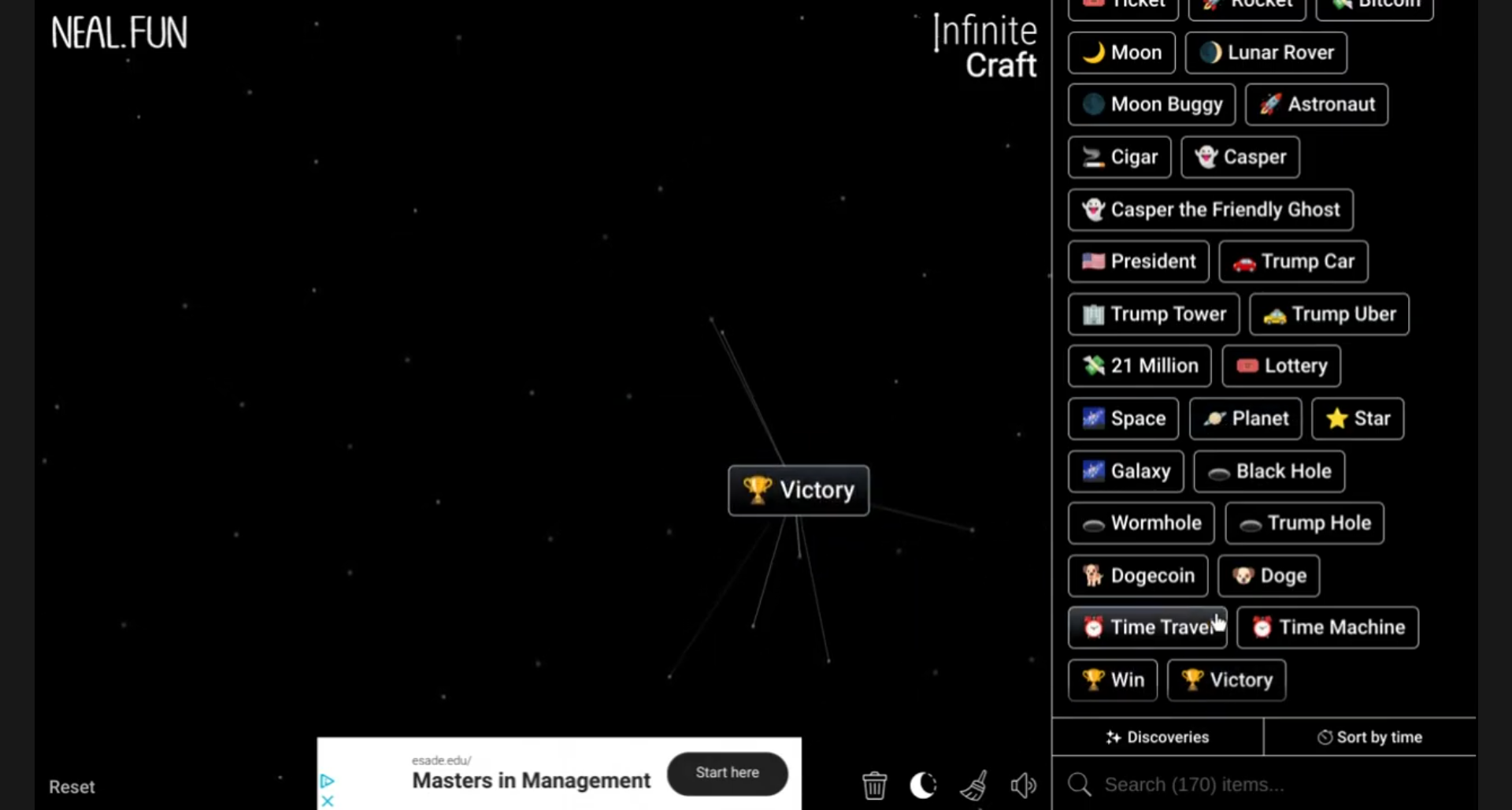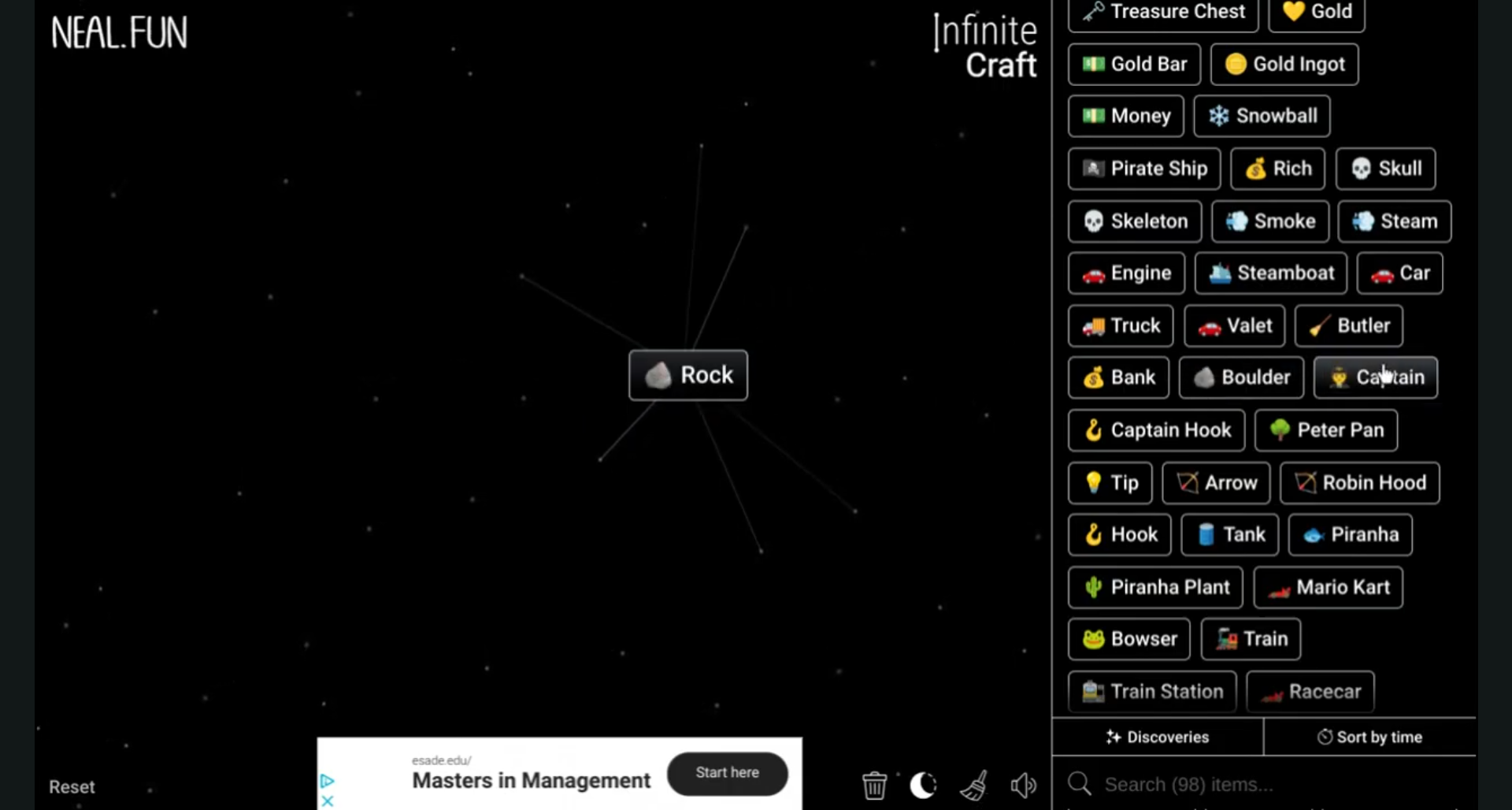Creating an infinite mud source in crafting games opens a world of opportunities for players. Mud plays a vital role in various crafting recipes, making it essential for survival and construction. This article delves into the process of how to make mud infinite craft, providing a comprehensive guide to establish a renewable mud source that can enhance your gaming experience.
Understanding the Basics of Mud in Crafting
What is Mud?
Mud, in the context of crafting games, is a blend of dirt and water that serves as a crucial resource for various items. It can be used to create bricks, pottery, and serves as a building material for structures. Mud can also facilitate other crafting processes and improve your survival chances in hostile environments.
Why Create Infinite Mud?
Establishing an infinite source of mud comes with numerous benefits:
- Sustainability: A constant supply of mud allows for sustainable resource management.
- Continuous Crafting: You can always have the materials needed for your crafting projects on hand.
- Efficiency: Focus on gameplay rather than resource gathering, enhancing your overall experience.
Requirements for Creating Infinite Mud
Necessary Materials
To create an infinite mud source, you will need a few essential materials:
- Dirt: This is your primary component, sourced from the ground.
- Water: Essential for mixing, can be collected from lakes, rivers, or other bodies of water.
Sometimes, a shovel can expedite the gathering of dirt. Players should also ensure to have containers, like buckets, to transport water if needed.
Ideal Location for Mud Creation
Choosing the right location significantly impacts your success in creating an infinite mud source. Consider the following:

- Proximity to water sources: Having water easily accessible avoids unnecessary trips.
- Biome types: Certain biomes may yield better resource collection opportunities.
- Environmental factors, such as rainfall, can influence the moisture level in your area.
Step-by-Step Guide to Create Infinite Mud

Step 1: Gather Materials
For an efficient start, gather the necessary materials:
- Dirt: Dig up dirt blocks. Look for areas with rich soil or during rainy conditions, which make digging easier.
- Water: Find a water source, like a river, lake, or even a craftable well.
Remember, using the right tools expedites the gathering process!
Step 2: Setting Up the Area
Prepare your site for mud creation:
- Clear the area of debris and obstacles.
- Mark your workspace with reference points to maintain organization.
- Organize your tools and materials within reach, creating a functional crafting station.
Step 3: Mixing Ingredients
Now it’s time to create mud:
- Combine the dirt and water in a mixing container.
- The optimal ratio is typically 1 part dirt to 1 part water for the best consistency.
- Avoid common mistakes, such as overmixing, which can lead to a too watery mixture.
Step 4: Creating the Infinite Source
To ensure your mud source is infinite:
- Design a system that allows water to replenish continuously.
- Utilize containers that refill automatically, if available, such as water wells or troughs.
- In some games, specific crafting stations maintain infinite resources.
Step 5: Harvesting and Utilizing Mud
Best practices for using your mud:
- Harvest mud carefully, taking only what you need to prevent depletion.
- Create a variety of items, such as bricks for building shelters, pottery for storage, or even decorative items for aesthetics.
Troubleshooting Common Issues
Problems with Mud Consistency
When your mud isn’t right:
- Too dry? Add small amounts of water gradually until it reaches the desired consistency.
- Too wet? Mix in more dirt to absorb excess moisture.
Also, keep an eye on environmental factors, as temperature and rainfall can affect your mud’s properties.
Managing Resource Depletion
To recognize when your infinite mud source is dwindling:
- Watch for decreased yield when harvesting.
- Signs of mud drying out or hardening may indicate it’s time to replenish.
Make sure to refresh the source regularly by adding more dirt and ensuring water availability.
Advanced Techniques and Tips
Automating Mud Creation
For those seeking efficiency, consider automation:
- Some games provide mechanics that allow for automated mud crafting; investigate your game’s systems.
- Use in-game enhancements like conveyor belts or automated dispensers to streamline the process.
Collaborating with Other Players
Team up with others to enhance production:
- Work together to gather resources quickly.
- Share crafting techniques, strategies, and tools to maximize output.
Conclusion

Having an infinite mud source can transform your gameplay experience, allowing for endless creativity and crafting! We encourage players to experiment and share their unique techniques and modifications to the mud crafting process.
Additional Resources
Recommended Reading
For more insights into crafting, check out some additional guides on sites like [Minecraft Wiki](https://minecraft.fandom.com/wiki/Minecraft_Wiki) and [Gamepedia](https://gamepedia.com).
Community Forums and Support
Join online communities for ongoing support. Websites such as [Reddit Crafting](https://www.reddit.com/r/crafting/) offer plenty of resources and forums for players to engage and share tips.
Frequently Asked Questions
- What is the best way to gather dirt quickly? Use a shovel, and target areas that offer plenty of dirt blocks.
- Can I make mud without water? No, water is essential for creating mud.
- How do I automate mud crafting? Investigate your game’s crafting mechanics for automation features.
- What biomes are best for finding dirt? Look for plains or forest biomes; they typically have abundant dirt.
- How can I tell if my mud source is diminishing? Look for reduced yield and a drying surface.
- Can I use other materials to create mud? Generally, mud is made of dirt and water; however, some games might offer alternatives.
Table of Key Points
| Aspect | Details |
|---|---|
| Essential Materials | Dirt, Water |
| Optimal Ratio | 1:1 (Dirt:Water) |
| Location Criteria | Near water sources, plentiful dirt |
| Automation Tools | Conveyor belts, dispensers, water wells |
| Product Uses | Bricks, Pottery, Decorative items |